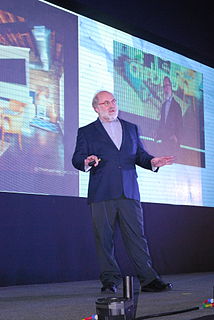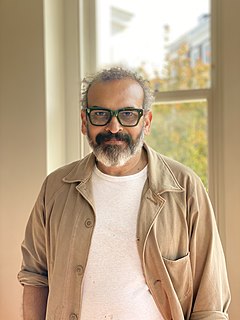A Quote by Jim Rohn
You only have to solve two problems when going to the moon: first, how to get there; and second, how to get back. The key is don't leave until you have solved both problems.
Related Quotes
When people come to you with problems or challenges, don't automatically solve them. As a mama bear, you want to take care of your cubs, so you tend to be protective and insulate them against all those things. But if you keep solving problems for your people, they don't learn how to actually solve problems for themselves, and it doesn't scale. Make sure that when people come in with challenges and problems, the first thing you're doing is actually putting it back to them and saying: "What do you think we should do about it? How do you think we should approach this?".
Solving problems is fine, but it has gotten to the point of being a global obsession. We somehow have it in our heads that if we solve all of the problems, we can sit back and enjoy the easy life. But in reality, we become lazy and complacent. And that's when we get flooded with even bigger problems.
We are more than our problems. Even if our problem is our own behavior, the problem is not who we are-it's what we did. It's okay to have problems. It's okay to talk about problems-at appropriate times, and with safe people. It's okay to solve problems. And we're okay, even when we have, or someone we love has a problem. We don't have to forfeit our personal power or our self-esteem. We have solved exactly the problems we've needed to solve to become who we are.
A wonderful thing happens when you give up on hope, which is that you realize you never needed it in the first place. You realize that giving up on hope doesn't kill you, nor did it make you less effective. In fact it made you more effective, because you ceased relying on someone or something else to solve your problems - you ceased hoping your problems somehow get solved, through the magical assistance of God, the Great Mother, the Sierra Club, valiant tree-sitters, brave salmon, or even the Earth itself - and you just began doing what's necessary to solve your problems yourself.




































